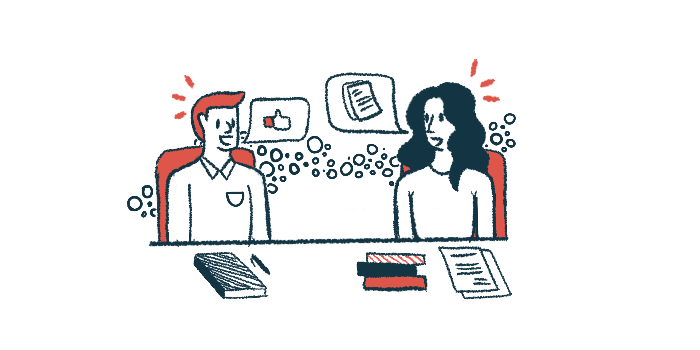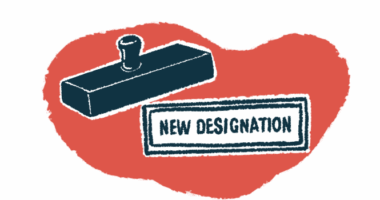BrainStorm, FDA align on important aspects of upcoming NurOwn trial
Phase 3b study to test cell-based therapy in patients with less-advanced ALS

BrainStorm Cell Therapeutics has reached an alignment with the U.S. Food and Drug Administration (FDA) on the chemistry, manufacturing, and controls aspects — known as CMC — of the company’s upcoming Phase 3b trial of NurOwn (debamestrocel), to be tested in people with amyotrophic lateral sclerosis (ALS).
This follows a Type C meeting, in which the company and the regulatory agency met to resolve certain outstanding issues with the trial’s CMC. These manufacturing practices and product specifications must be achieved to ensure product safety and consistency between batches.
The trial, which will test the cell-based therapy in patients with less advanced ALS, is planned to launch later this year. Pending positive results, it is expected to support a new regulatory application requesting the therapy’s approval.
“This in-person Type C meeting with the FDA was an important step as we finalize preparations for our pivotal Phase 3b trial of NurOwn. We are very pleased with the outcome and are now aligned with the FDA on resolving all previously outstanding CMC questions,” Chaim Lebovits, president and CEO of BrainStorm, said in a company press release.
“As with any cell therapy products, there are additional complexities in the manufacturing process, and it is important that we have alignment in advance with all the relevant groups within the FDA,” Lebovits added.
NurOwn failed to slow disease in adults with rapidly progressing ALS
NurOwn is a cell-based therapy that involves collecting a patient’s mesenchymal stem cells, and maturing them in the lab to produce a large amount of neurotrophic factors — signaling molecules that promote nerve cell growth and survival.
The mature cells are then returned to the patient through an injection directly into the spinal canal, where they are expected to ease inflammation and nerve cell degeneration.
An earlier Phase 3 study (NCT03280056), which enrolled 189 adults with rapidly progressing ALS, failed to meet its main goal of slowing disease progression. However, an analysis of individuals who started treatment with less advanced disease showed that NurOwn may outperform a placebo among such patients.
BrainStorm filed for NurOwn approval based on that trial, but ended up dropping the application in October after an advisory committee to the regulatory agency said there was not enough data to support the therapy’s efficacy in ALS.
Since then, the company has been laying the grounds for an additional Phase 3b trial to test NurOwn in people with less advanced ALS. The FDA already has reviewed the study’s protocol and statistical analyses under what’s known as a Special Protocol Assessment, ensuring the design is generally adequate to support a future regulatory application.
“We are committed to working closely with the FDA and to helping the ALS community, and are excited to move forward with the Phase 3b trial,” Lebovits said.
“Our ultimate goal is to achieve approval for NurOwn in order to address the unmet needs of patients,” Lebovits added.
The Phase 3b trial, dubbed BCT-006-US, is expected to recruit about 200 adults, ages 18 to 75, with mild to moderate ALS. Eligible participants will have symptoms that started less than two years prior to enrollment.
We are committed to working closely with the FDA and to helping the ALS community, and are excited to move forward with the Phase 3b trial. … Our ultimate goal is to achieve approval for NurOwn in order to address the unmet needs of patients.
The study will run in two parts. First, patients will be randomly assigned to receive NurOwn or a placebo, given as an intrathecal injection every eight weeks for six months. Then, all participants will receive the treatment for the next six months. Patients will be able to continue on their standard ALS medications on top of their assigned treatment.
The trial’s main goal is to determine whether NurOwn can slow disease progression compared with a placebo after six months. This will be assessed by changes in Revised ALS Functional Rating Scale (ALSFRS-R) scores, a measure of functional abilities.
The results will be confirmed with another outcome measure that takes into account ALSFRS-R scores and survival. Safety and changes in biomarkers of neuroinflammation, neurodegeneration, and neuroprotection also will be assessed.







